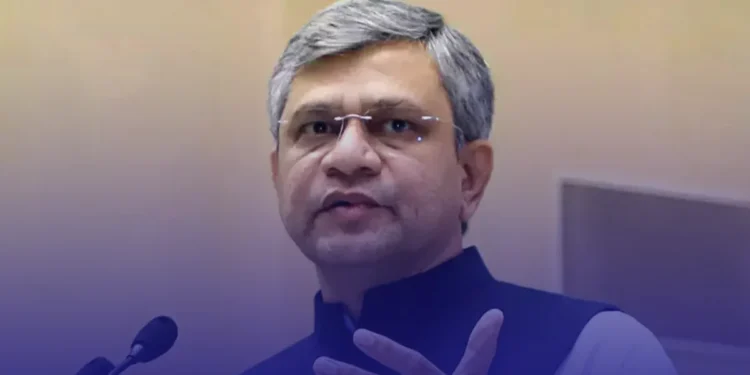The INDIA bloc has raised concerns over the Digital Personal Data Protection (DPDP) Act. They have urged the government to amend the controversial Section 44(3). According to the Opposition, this section infringes upon the Right to Information (RTI) Act and negatively impacts press freedom.
Around 130 senior leaders from the Opposition bloc have written to Union Minister Ashwini Vaishnaw. They are demanding the repeal of Section 44(3) from the DPDP Act. The leaders argue that the provision undermines citizens’ right to access information, which is protected under the RTI Act.
Controversy Around Section 44(3) of the DPDP Act
Lok Sabha’s deputy leader of the Opposition, Gaurav Gogoi, addressed media personnel. He highlighted the implications of Section 44(3) of the DPDP Act. Furthermore, he pointed out that this section seeks to replace Section 8(1)(j) of the RTI Act, which allowed withholding of personal information if its disclosure did not serve public interest.
“But Section 44(3) of DPDP Act says notwithstanding anything in the Act no personal information can be given. So, if you want to know today who was the contractor of the bridge that collapsed in Bihar and if all contracts were given to the same person, then the government will not provide this information as it is ‘personal’. Very surreptitiously, maliciously and mischievously the right to information of the people has been snatched from the people,” Gogoi explained. He further accused the government of surreptitiously stripping citizens of their right to information.
Opposition Leaders Criticize the Provisions
MP and Shiv Sena (UBT) leader Priyank Chaturvedi also criticized the provision, describing it as a “four-sided assault on press freedom, especially on investigative journalism“. She emphasized the role of the RTI Act in exposing corruption.
Government’s Stand on DPDP Act
In response to these concerns, Union Minister Ashwini Vaishnaw defended the DPDP Act. He stated that it aligns with privacy principles outlined in the Puttaswamy verdict. It also promotes transparency in public life, as enshrined in the RTI Act. On platform X, Vaishnaw clarified that personal information required for disclosure under legal obligations, such as MGNREGA (Mahatma Gandhi National Rural Employment Guarantee Act), would continue to be accessible under the RTI Act.
“Any personal information that is subject to disclosure under legal obligations under various laws governing our public representatives and welfare programmes like MGNREGA, etc will continue to be disclosed under the RTI Act. In fact, this amendment will not restrict disclosure of personal information, rather it aims to strengthen the privacy rights of the individuals and prevent the potential misuse of the law,” Vaishnaw wrote on X.
Balancing Privacy and Transparency
Despite the opposition’s objections, the government’s stance is that the DPDP Act aims to strengthen privacy rights. And prevent the potential misuse of data. The government has assured that the DPDP Act will not hinder transparency but will rather protect individuals’ personal data from misuse.










